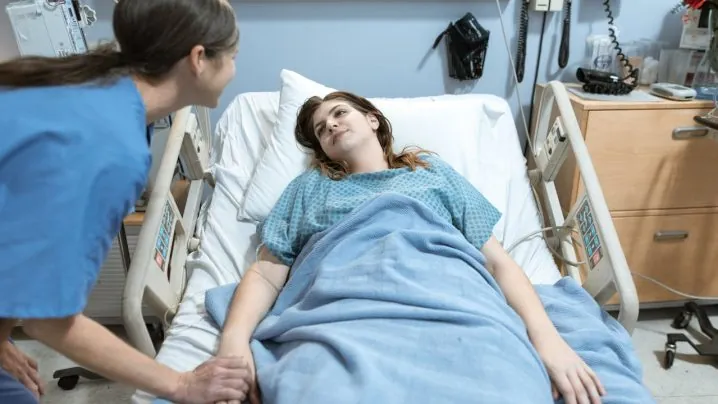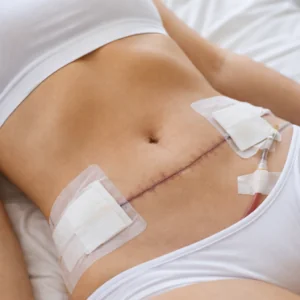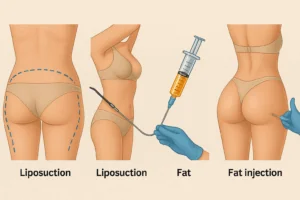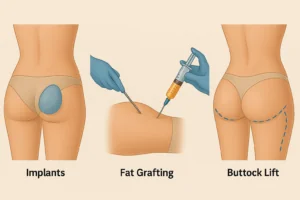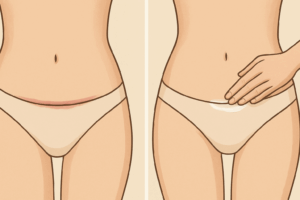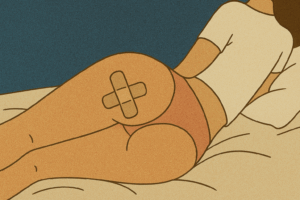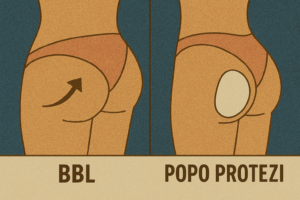General surgery is a comprehensive field of surgery used to treat a variety of medical conditions. These procedures often involve serious interventions on internal organs or soft tissues in the body. General surgery operations have a wide range and are required in a variety of situations.
In Which Cases Is General Surgery Necessary?
General surgery may be needed for emergencies or planned treatments. Some common conditions include:
- High Risk Tumors: Surgical intervention may be necessary if tumors grow in internal organs.
- Traumatic Injuries: For example, serious injuries to the abdomen or chest may require general surgery.
- Organ Failures: For example, serious infections or blockages in the gallbladder or intestines can lead to general surgery.
- Fistulas or Perforations: Holes or connections in the intestines or other internal organs may require general surgery.
Most Common General Surgery Procedures
Although general surgery operations vary, some procedures are performed more frequently:
- Appendectomy: Removal of the appendix in cases of acute appendicitis.
- Cholecystectomy: It is a procedure to remove the gallbladder, usually done because of gallstones.
- Hernia Repair: Surgical interventions for the repair of hernia formations in the abdominal wall.
- Colon or Rectal Surgery: Surgical procedures for polyps, cancers or other conditions in the colon or rectum.
Expected General Recovery After General Surgery
After each surgical intervention, the body's healing process may differ. However, the following steps are generally followed in the recovery process after general surgery:
- Initial Care in the Hospital: After the operation, the patient is monitored in intensive care or in a normal bed.
- Early Mobilization: The patient is encouraged to get out of bed and move as soon as possible.
- Drainage and Wound Care: Drains and wounds in the operation area are regularly checked and maintained.
- Nutrition Plan: The patient is switched to an appropriate nutrition plan after surgery and is supported by dieticians in this process.
These steps constitute the beginning of the recovery process after general surgery and a unique recovery process is planned for each patient.
Recovery after General Surgery
The recovery process after general surgery varies depending on the type of operation and the general health status of the patient. There are a few important points to be considered for a healthy recovery process.
Post Hospital Care: What to Consider?
The following points should be considered in the post-hospital care phase after general surgery:
- Wound Care: It is important to regularly check the stitches and bandages in the operation area and change them if necessary.
- Risk of Infection: Since there is a risk of infection during the healing process, it is necessary to keep the wound clean and use the antibiotics recommended by the doctor regularly.
- Medication Management: Taking the medication recommended by the doctor regularly and on time can speed up the healing process.
- Early Mobilization: Getting out of bed and moving as soon as possible improves blood circulation and reduces the risk of complications.
Possible complications during the healing process
Some common complications that may be encountered during the recovery process after general surgery are:
- Bleeding: Bleeding may occur at the operation site or internal organs and should be reported to the doctor immediately.
- Bowel Problems: Irregular bowel movements or obstructions may occur, in which case diet and medications should be reviewed.
- Wound Infections: An infection may develop at the wound site after the operation, in which case antibiotic treatment may be initiated upon doctor's recommendation.
Nutrition and Diet Recommendations
Nutrition after general surgery is an important part of the recovery process. The following recommendations should be considered to support the healing process:
- Adequate Fluid Intake: Drink at least 8 glasses of water a day to maintain the body's water balance.
- Balanced Nutrition: A diet rich in protein, vitamins and minerals is important. Foods containing fruits, vegetables, whole grains and healthy fats should be preferred.
- Small, Frequent Meals: The digestive system can work slowly during the recovery process, so taking small, frequent meals can make digestion easier.
These recommendations can help to ensure a healthy recovery after general surgery. An appropriate care plan and nutrition program should be created for each patient according to their individual needs during the recovery process.
Home Recovery and Care
The recovery process at home after general surgery may vary depending on the patient's health and the type of operation. Appropriate care and support at home can help speed up the recovery process and improve the patient's quality of life.
Basic Needs in Home Recovery
The basic needs that should be provided for patients during the recovery process at home are the following:
- Wound Care: Post-operative wound care should be done regularly, and if necessary, bandages or medications recommended by the doctor should be used.
- Dietary Monitoring: It is important to maintain healthy eating habits. Protein and vitamin-rich foods should be consumed during the recovery process.
- Medication: The medications recommended by the doctor should be used regularly and the dosage should not be interrupted.
- Hygiene: Maintaining hygienic conditions at home can reduce the risk of infection. It is important to wash hands frequently and keep them clean.
- Comfortable Environment: A comfortable environment should be provided for the patient and an order should be created that allows rest and healing.
Exercise and Activity Recommendations
Appropriate exercises and activities during recovery at home can help maintain muscle strength and overall health:
- Walks: Light brisk walks promote healing by increasing blood circulation.
- Breathing Exercises: Deep breathing and breathing exercises can increase the capacity of the lungs and improve respiratory system function.
- Light Yoga or Pilates: Light yoga or pilates combined with stretching and breathing exercises can relax the body and reduce stress.
Psychological Support and Its Role in the Recovery Process
Psychological support is an important factor in the recovery process after general surgery. Keeping patients' morale high and psychologically supporting them can help positively affect the healing process:
- Counseling and Support Groups: Psychologists or support groups can address patients' emotional needs and help them cope with stress.
- Support from Family and Friends: Support from loved ones and relatives can increase patients' motivation and provide morale during the recovery process.
- Stress Management: Stress management techniques such as meditation, deep breathing and relaxation techniques can help patients become calmer and more focused during the recovery process.
These recommendations can help patients maintain their health and recover during home recovery after general surgery. Each patient should follow a care plan customized to their individual needs during the recovery process.


